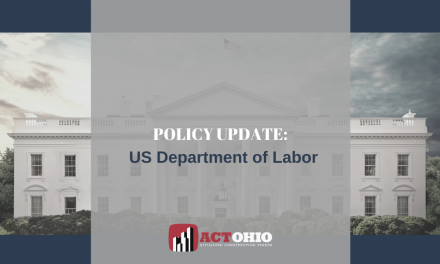The U.S. Department of Labor (DOL) has declared that independent contractor misclassifications will be a top enforcement priority. The DOL seeks to offer guidance and to broaden the definition of employment under the Fair Labor Standards Act. Wage and Hour Division (WHD) Administrator David Weil claims that independent contractor misclassification is found in an “increasing number,” of workplaces and this broader definition will help address this issue.
The guidance, released in a July memo applies the FLSA’s definition of employ—“to suffer or permit to work”—to the multifactor test used to determine independent contractor status versus employee classification.
According to The U.S. Department of Labor, misclassified employees are denied access to benefits and protections such as unemployment insurance, minimum wage, overtime compensation, and safe workplaces.
Misclassifications also impacts taxpayers, as the government loses substantial taxation revenue. Wrongful employee misclassification also provides unscrupulous employers a competitive advantage by avoiding the employer portion of the payroll tax, avoiding its fair share of workers compensation and unemployment payments. Thus, these employers that are abusing their workforce through misclassification have a lower cost of business operations and can undercut companies that are following the law.
“Fissuring,” when a company contracts out work, has become a more common practice. This trend has led to additional misclassifications in employee status. The DOL and the Internal Revenue Service (IRS) have been looking into these misclassifications to ensure that workers receive the protections, wages, and benefits to which they are entitled. The DOL is partnered with 26 states (Ohio is not one of them) to coordinate on enforcement.
In 2014, this joint effort resulted in more than $79 million in back wages to more than 109,000 workers across various industries such as food service, hospitality and in the construction industry.
ACT Ohio supports the DOL and their emphasis on enforcing these guidelines to create safer working environments where workers earn fair wages for a full day’s work.


